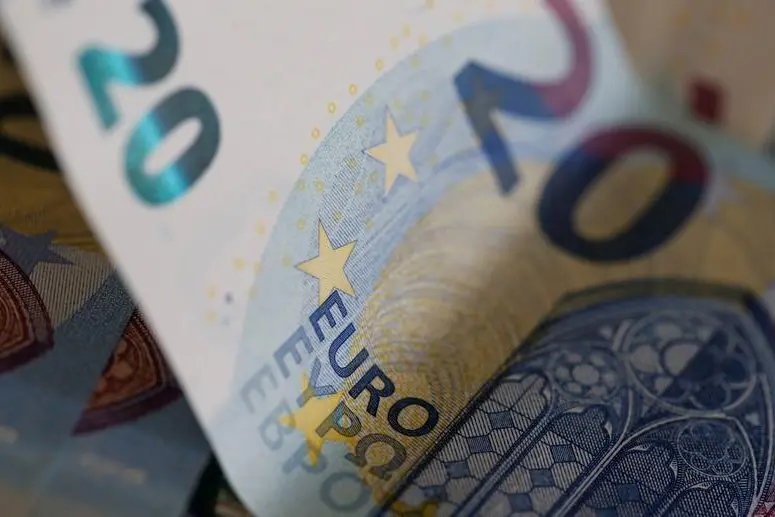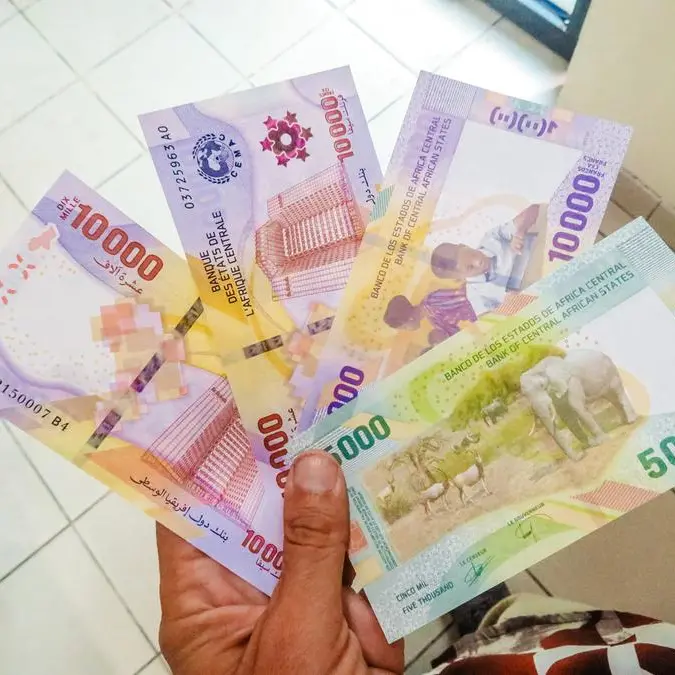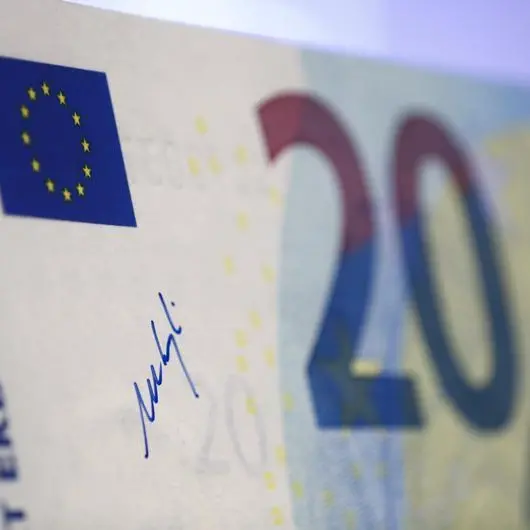PHOTO
Euro zone government bond yields rose on Thursday and markets scaled back their bets on European Central Bank rate cuts after the U.S. administration said it would temporarily lower U.S. tariffs to bring countries to the bargaining table.
President Donald Trump's move eased immediate concerns about a sharp slowdown of the global economy and a recession in the United States.
Trump kept the pressure on China, however, saying he would raise the tariff on Chinese imports to 125% from the 104% level that took effect at midnight.
U.S. stock index futures fell around one percent, a day after an eye-watering rally.
Germany's 2-year yield, more sensitive to expectations for ECB policy rates, rose 13 bps to 1.85% and was set for its biggest daily rise since March 5, when German yields jumped as German parties reached an agreement for a massive ramp-up in fiscal spending.
Money markets priced in an ECB deposit facility rate at 1.76% in December, up from 1.65% on Wednesday and 1.9% last week, shortly before Trump announced U.S. tariffs. They also discounted an around 90% chance of a rate cut in April from fully pricing it the day before.
Analysts argued that although the decision from the U.S. administration is risk-positive in the near term, it could extend uncertainty for months, impacting firms' investment decisions and economic growth.
"The risks remain huge," said Holger Schmieding, chief economist at Berenberg, mentioning "the escalating trade war between the U.S. and China."
"As long as the outcome remains open, uncertainty will reign supreme. Not knowing the tariffs they may face in the U.S., companies will delay decisions about where to invest," he added.
Germany's 10-year yield, the euro area's benchmark, rose 6.5 bps to 2.64%.
Analysts flagged that Bunds outperformed swaps during the peak stress episode, underscoring their safe-haven role, even though German 10-year yields have since moved back above the interest rate swap level.
The gap between interest rate swaps and Bund yields – a gauge of perceived financial system risk relative to German government debt – narrowed to -6 bps after widening to 8 bps the previous day, its highest since October.
The yield spread between Italian and German 10-year bond yields -- a market gauge of the premium investors demand to invest in Italian government bonds -- dropped to 119 bps from around 130 bps the day before.
Italian bonds outperformed their German counterparts, which had been major beneficiaries of the investor push out of U.S. assets in the past few days.
"The temporary tariff reduction is a near-term support for risk assets, especially Bono/BTP auctions this week, but any (yield spread) tightening might be short-lived as uncertainty lingers," said Aman Bansal, European rate strategist at Citi.
(Reporting by Stefano Rebaudo, editing by Sharon Singleton and Toby Chopra)





















